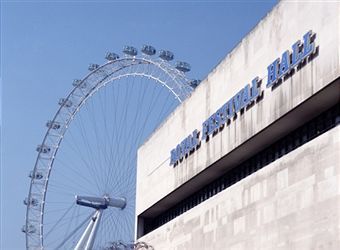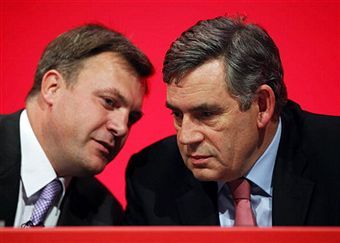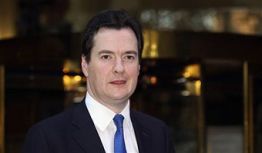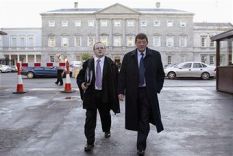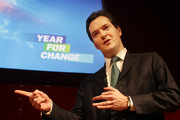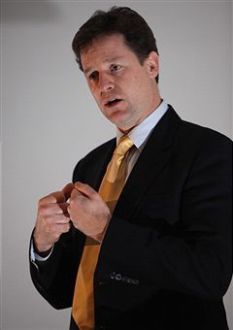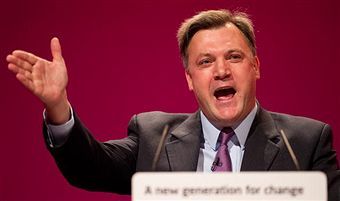It’s China’s world. We just live in it.
Yesterday was momentous, but we should not lose sight of the head of the IMF saying that the Chinese renminbi could take steps to becoming a global reserve currency. To be specific: Dominique Strauss-Kahn has in mind adding renminbi to the IMF’s Special Drawing Rights system. In itself, no big deal – but a notable kiss being blown to Beijing. It fits a trend. The Chinese, notoriously, manipulate the value of their currency to keep their goods cheap, so they can’t have their currency treated with reserve status. But power is shifting – and America’s fiscal misbehaviour has unsettled international investors. John Peace, chairman of UK bank Standard Chartered, put




